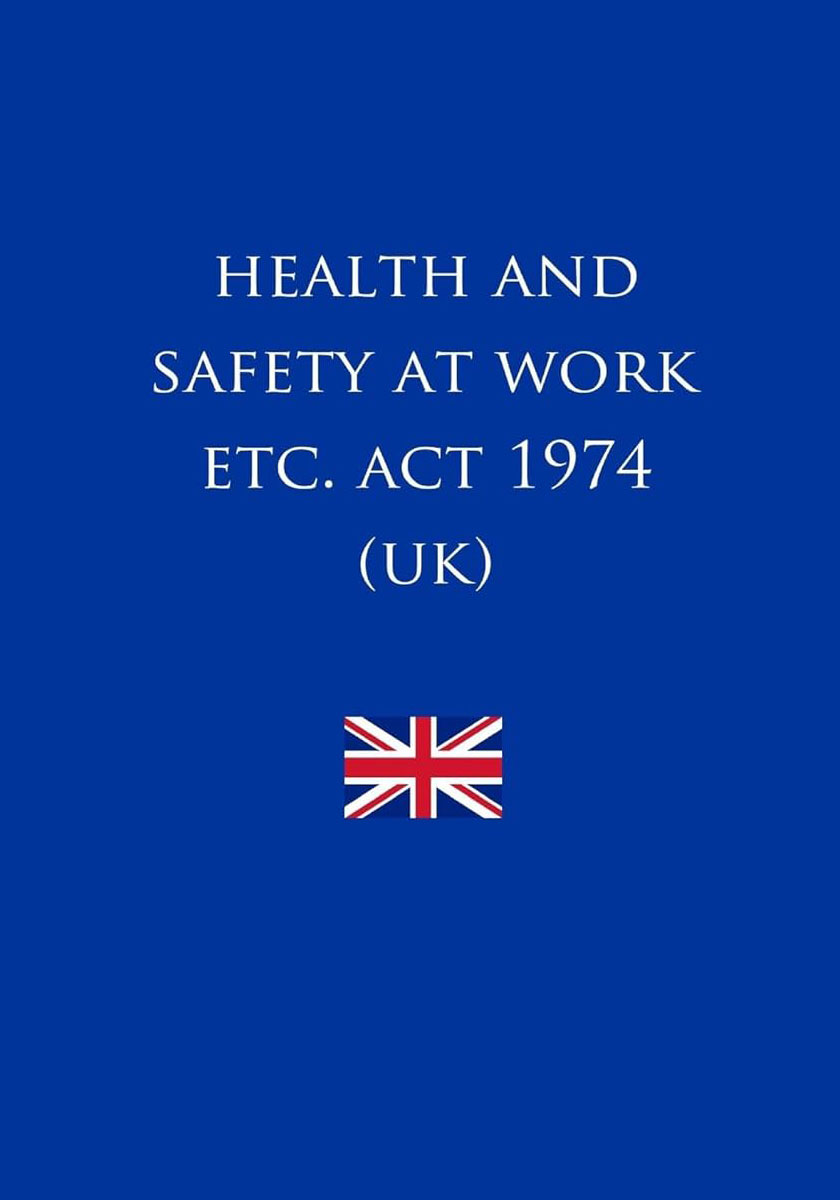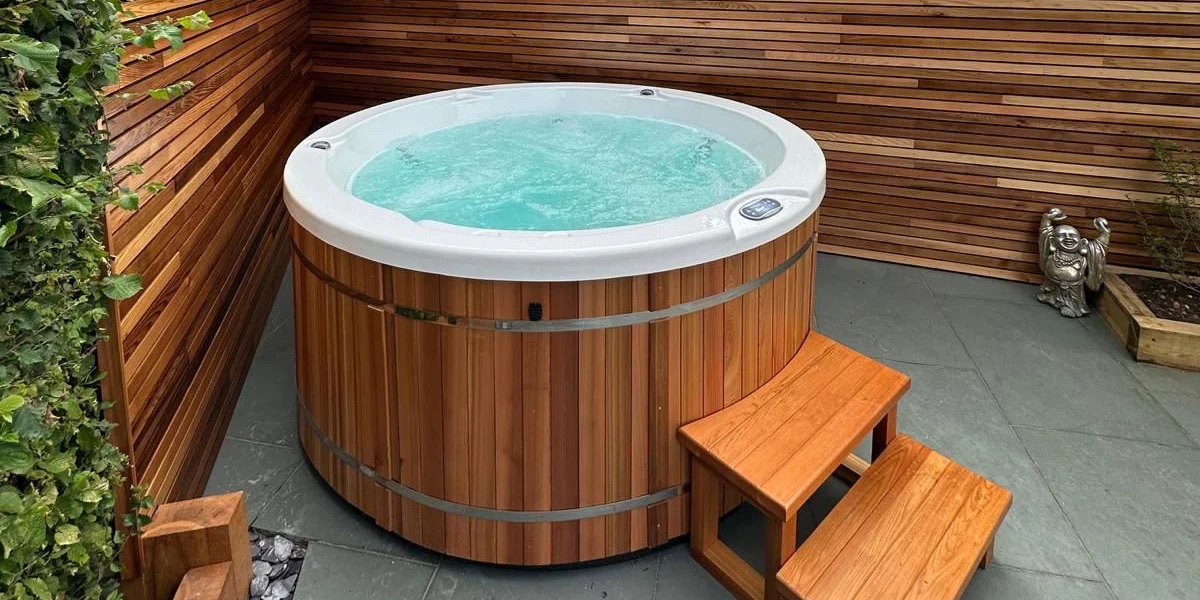Read on for more information regarding the Holiday Let Rules and changes in compliance for the English holiday let market.

Compliance Laws in England
Short term rentals have largely been seen as unregulated and outside of any regulation. Whilst this has never been the case, recent legislation and clarification around existing rules have meant that compliance has become the biggest topic amongst property owners and managers in England.
The Licensing Scheme of Short Term Rentals has had its second reading in Parliament and is likely to become law in Q3 2024. Whilst this will create additional costs for property owners it will ensure a level playing field for short term rentals (hosts vs property managers) it will also clarify what is required to market properties as short term rentals.

Current Legislation & Owner Responsibility
Property owners are responsible for ensuring any property rented (either short term or long term) is safe and fit for habitation. There is a raft of legislation that protects renters from unsafe housing that currently applies to anyone (owner or property manager) renting a property on a short term basis.
The Regulatory Reform (Fire Safety) Order 2005 deemed that a Holiday Let (Short Term Rental) is deemed a workplace. This means that an property owner who lets their property is covered under the Health and Safety at Work Act 1974. This means that owners and property managers are legally required to adhere to safety procedures.
Self-catering accommodation is considered a ‘workplace’ in UK law*, and so is covered by the Health and Safety at Work Act 1974, which places a duty of care on all employers to ensure, so far as is reasonably practicable, the health and safety and welfare at work of all their employees.(*A holiday let is deemed a workplace under the Regulatory Reform (Fire Safety) Order 2005 (As amended).)
Current Fire Safety Legislation
The current legislation does not define how regularly a property owner needs to carry out electrical checks but instead states it should be carried out “regularly. In addition, the same legislation means owners are required to maintain all equipment to a standard that would be deemed to be safe.
In order to comply with regulations, the property owner should be carrying out the following checks.
Electrical Installation Condition Report (EICR)
An Electrical Installation Condition Report involves the inspection and testing of all the electrical installations in the property. This is to to determine whether the installation is safe for tenants (including short term rental guests) and building owners.
The report will include these three key elements:
- Integrity of all electrical installations within the holiday rental
- A Record of any and all damage to sockets, switches and other installations throughout the house
- Confirmation (or not) that the property complies with all relevant regulations and legislation.
Owners and property managers should refer to the Government Guide for landlords: electrical safety standards in the private rented sector
Portable Appliance Testing (PAT)
PAT is an examination of portable electrical equipment and appliances. This includes things like TVs, microwaves, phone chargers etc. These appliances are required to pass the regulatory test to ensure they are safe in a “working environment”. This refers to the Health and Safety at Work Act 1974 and the Regulatory Reform (Fire Safety) Order 2005.
PAT testing will consist of the following three elements:
- A check of all electrical equipment in the house
- A formal visual inspection of the electrical equipment
- A manual examination of all equipment in the property with a portable appliance tester device (the PAT test)
More information can be found on the Health & Safety Government website:
Regular visual inspections
In addition to PAT & EICR testing the owner must conduct regular visual inspections of all electrical installations and equipment in the property. This should be done between every changeover of guests and best practise would include keeping a record of the checks with photos.
Insurance
The first rule is that your standard home insurance is unlikely to cover you for renting your property on a short term basis. Home insurance by design is to cover the owners of the property not guests renting your property on a short term or long term basis.
As a minimum, owners will require the following:
- Holiday Rental Insurance
There are many providers of this insurance that covers your property whilst guests are in property. Typically it would offer the same cover as typical house insurance to the occupiers. - Accidental Damage Insurance
Many owners believe the Airbnb insurance is enough to cover them if any damage occurs to their property. It is prudent to have additional insurance for accidental damage to your goods or property.More details on AirCover can be found here: - Public Liability Insurance
Whilst AirCover (Airbnb host insurance) offers some protection for owners for Public Liability, it is recommended that owners purchase their own insurance to protect themselves in the event a guest injures themselves in there property.
This article provides a detailed oversight of how to manage insurance and issues with owners mortgages.

Hot Tubs
Installing a hot tub in a holiday let typically increases visibility on the OTA platforms and increases the nightly rent. However, owners need to be aware of the legal requirements that come with operating a holiday rental with a hot tub. By installing a hot tub in your property and renting it to guests you are required to fulfil your legal obligations under the Health & Safety at Work Act 974.
Compliance Checks
The Health & Safety Guidance 282 recommends that operators should perform chemical tests at least twice a day.
Hot Tub Checks
i) Chemical Levels
Operators need to check the balance of chlorine or bromine, the PH, the Alkalinity and water hardness.
ii) Monthly/Quarterly biological Testing
Operators need to check for bacteria that are likely to cause diseases. In addition, tests should be carried out to test for Legionella
Record Keeping
Operators are required to maintain records of historical checks for a number of years.
Get started easily with a personalised product tour
Compliance doesn’t have to be boring! Book a no obligation demo with one of our sales team to discuss all things compliance…


